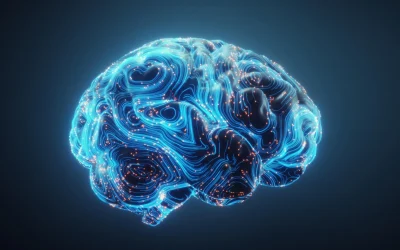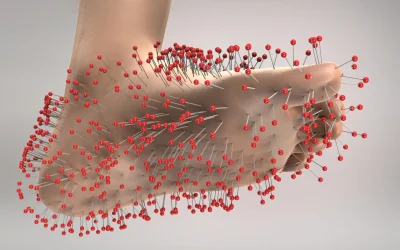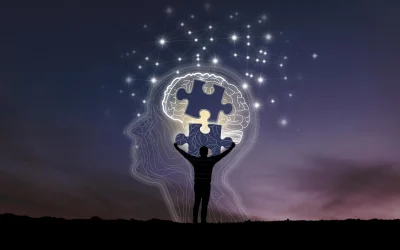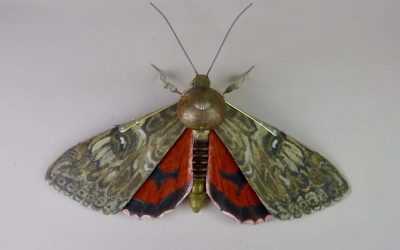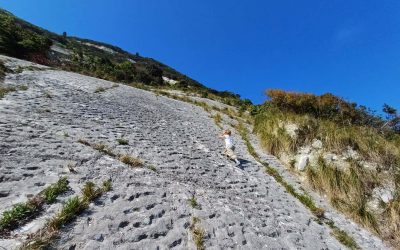
Rapid fault healing could rewrite earthquake physics
Earthquake faults located deep within the planet can reconnect after a seismic disturbance, according to new research from the University of California, Davis. The study, published Nov. 19 in Science Advances and supported by National Science Foundation grants, introduces a new factor that could reshape how scientists interpret fault behavior linked to major earthquakes. “We…




